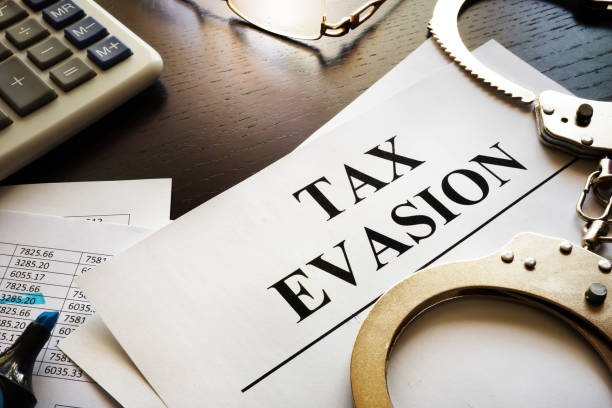In a press conference, the Finance Minister, alongside the Minister of State for Revenue and the Chairman of the Federal Board of Revenue (FBR), revealed alarming findings from a study on sales tax evasion across various sectors of Pakistan’s economy. The study uncovered a staggering tax gap of Rs. 3,400 billion attributed to tax evasion and fraud.
The investigation highlighted that only 14 percent of the 300,000 manufacturers required to register for sales tax have done so. Among those registered, many are involved in misreporting turnover, making excessive input tax claims, and using fake invoices.
Sales tax in Pakistan is collected using the VAT model, which relies on businesses to collect tax from buyers. However, this trust has been significantly breached, as evidenced by widespread malpractices across sectors such as Iron & Steel, Cement, Beverages, Batteries, and Textiles.
Sector-Specific Findings:
Iron & Steel: Out of 33 major businesses, representing over 50 percent of reported sales, many were found evading sales tax by claiming Rs. 29 billion in excess input tax, primarily through dubious claims on scrap metal and coal purchases.
Batteries: In the battery sector, six active cases, covering 99 percent of reported sales, revealed Rs. 11 billion in excess input tax claims, mainly on lead purchases.
Cement: Nineteen active cases in the cement sector showed Rs. 18 billion in excess input tax claims for FY23-24, with coal purchases being a major source of fake claims.
Beverages: Sixteen cases in the aerated water manufacturing sector, representing 99 percent of sales, claimed Rs. 15 billion in excess input tax, with sugar, plastics, and services being the primary sources of dubious claims.
Textiles: Among 228 active cases in spinning, weaving, and composite units, Rs. 169 billion in excess input tax claims were identified, with services, chemicals, coal, and packaging being major sources of fraudulent claims.
In response to these findings, the government intensified enforcement measures, including arrests and criminal case registrations, which led to a significant reduction in fake input tax claims in FY23-24. Despite these efforts, substantial evasion persists, prompting plans for more rigorous enforcement actions.
The FBR has already gathered evidence of tax fraud in various sectors, identifying 11 cases in the battery sector, 897 in Iron & Steel, and 253 beneficiaries of fake input claims on coal purchases. Overall, sales tax fraud totaling Rs. 227 billion has been committed.
A comprehensive enforcement crackdown is planned for the coming weeks. The Finance Minister emphasized that sales tax fraud is a criminal offense, punishable by up to 10 years in prison, along with heavy fines. Legal action will target business owners, partners, and company executives involved in these fraudulent activities.










